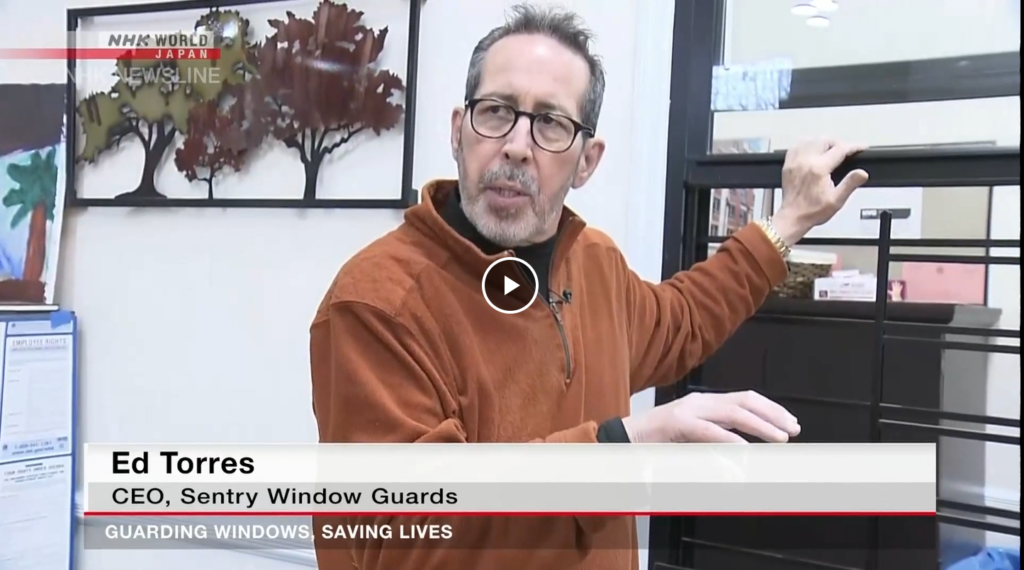As spring turns into summer, temperatures rise in NYC bringing the dampness and stickiness of humidity. As humidity levels rise not only can it make your home uncomfortable, it can also cause mold and other damage. The ideal range for indoor humidity is between 30-50%. Balance is important because both too much and too little humidity can become problematic.
Signs the Humidity Level is Too High in Your Home
- Feeling like your skin is moist or clammy
- Condensation on windows/doors
- Chipping paint on window frames
- A musty smell
- Rotting wood
- Visible mold or mildew
- Creaking or buckling floorboards
The easiest way to accurately determine the humidity level in your home is to purchase a hygrometer which measures moisture levels in the air. These devices can easily be found at your local hardware store. If you notice signs of extra moisture in your home, the tips below can help to get summer humidity under control.
Ventilation: Showering, cooking, doing laundry, and dishwashing are a few of the activities that can invite humidity into your home if you do not have proper ventilation. It is important to run ventilation fans in the kitchen and bath areas to reduce the overall amount of damp air. If fans are not an option, opening windows or turning on an oscillating fan can also assist in drying things out. Another option is to lower the temperature of your showers and the water involved in your cleaning tasks by just a few degrees. This will reduce the amount of steam added to the air, which will reduce humidity. Appliances that produce moisture such as dryers and stovetops should be properly vented to the outside of the home and not the attic.
Air Conditioning: While the main function of an air conditioner is to control temperature, did you know they can also help to keep a good balance of moisture in the air? Of course, annual maintenance is essential for keeping your air conditioner running as efficiently as possible. A little history lesson: The first modern electrical air conditioner was created for the purpose of controlling humidity in a publishing company to prevent the paper from expanding and to help the ink to dry faster.
Humidity Reducing Houseplants: Most plants actually release more moisture into the air, but there are a few that help to lower humidity. These house plants absorb moisture from the air through their leaves and can be helpful when used in conjunction with other humidity reducing solutions. A few humidity reducing plants to consider are the peace lily, boston fern, english ivy, reed palm, and tillandsia.
Crawl Space and Basement Control: There is a chance the humidity levels in your home are inching upward because of the basement or crawl space. Unfortunately, the dampness from these areas can spread upward into the rest of your home. A good fan or the installation of a sump pump in this area can greatly reduce humidity. It is also helpful to cover dirt floors in crawl spaces with a plastic vapor barrier.
Dehumidifier: The most efficient way to remove extra moisture in the air is to use a dehumidifier. A dehumidifier is an easy way to make your home less hospitable to common allergy triggers like dust mites, mold, and mildew that thrive in humid environments. Using a dehumidifier may also reduce your air conditioning usage this summer, because it won’t have to work as hard to keep humidity levels low.
At Sentry Window Guards our business is to help prevent falls from windows, but we also recognize the importance of good indoor air quality in homes. For more information regarding Sentry Window Guard products and how they keep everyone safe at home in NYC, contact us today!









